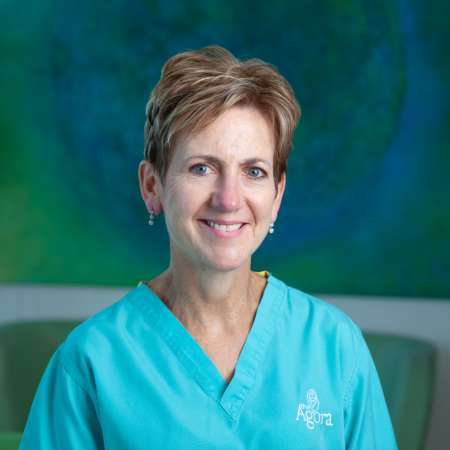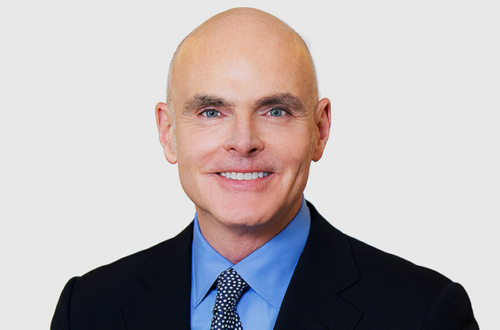
Dr Gilling-Smith’s viewpoint on the final draft bill
As the Medical Director and HFEA Person Responsible of an IVF clinic which sees many intended parents (IPs) and surrogates (The Agora Clinic in Brighton), I am confident that the draft bill ticks most of the boxes I wanted to see ticked and is a significant improvement to surrogacy legislation and compliance in the UK which has been utterly behind the times for so long. This draft bill has been a long time coming, and quite rightly so as a great deal of consultation and discussion with all stakeholders was needed to put in place a robust pathway to parenthood through surrogacy in the UK, and more importantly one that could match the clarity and regulation already in place for so many other fertility treatment pathways to parenthood.
What I like

I like that the pathway necessitates IPs and Surrogates to fall under the umbrella of Regulated Surrogacy Agencies (RSOs) who have now been given a compliance and regulatory role. I also welcome that they, like licensed fertility clinics, must be audited by, and held to account by, the Human Fertilisation and Embryology Authority (HFEA) who are the UK regulators of all licensed assisted conception treatments, including gamete donation and surrogacy. The draft bill provides clarity for all parties involved in a surrogacy arrangement from day 1 and well before conception and removes a lot of the uncertainty and anxiety that currently exists which has led to so many IPs going abroad for treatment where they risk being exploited or pay vastly inflated prices for treatments they should be able to access in the UK. The proposal that the RSO will be responsible for submitting data to the new Surrogacy register is a good one but this will need agencies to put in place excellent and secure IT pathways in the same way that licensed clinics must submit data securely as part of their obligatory reporting of cycles to the HFEA. This register means that children born through surrogacy will now have access to the same level of identifying information that is currently provided to children born through donor eggs or sperm but not through surrogacy.
In order for IPs and surrogates to comply with the new pathway to legal parenthood, certain key steps must be fulfilled, all of which we as a clinic routinely recommend as part of our surrogacy pathway such as all parties receiving legal advice, implications counselling and completing enhanced DBS checks but with the additional involvement now of the RSO to ensure these steps our followed, and that the Regulated Surrogacy Statement is signed, we can ensure that patients are not cherry picking what they want to do and not do (such as not having counselling) which could later down the line lead to significant problems. The new pathway protects both the IPs and the surrogate and produces the clarity of parental status at birth and will mean that for most IPs the long wait to get a parental order has finally been removed.
Improvements
If I could make any improvements it would be around double donation. I have come across a number of cases over my career, usually after cancer treatment or as a result of medical conditions, where a strong case could be made for a surrogate to be asked to carry an embryo which has no biological relationship to the intended parents.
In Summary
So in summary, my view is that this was a much needed reform and the proposed bill will protect IPs and surrogates against exploitation and unlawful independent unregulated surrogacy arrangements and puts the UK firmly back into a world leadership position when it comes to national regulation of assisted conception.





